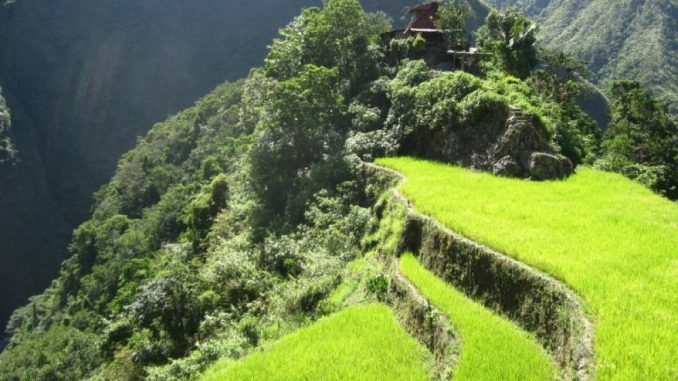
Himachal Pradesh is going to be the first state in India to get its climate-smart agriculture (CSA) profile done. Regional program leader of the Climate Change, Agriculture and Food Security (CCAFS) Dr Pramod Aggarwal said that that they had collaborated with the World Bank to prepare CSA profiles of 20 countries and Himachal was chosen because it was a fairly progressive state with rich experience and depth in data through ongoing projects, which needed to be analyzed.
“Globally, climatic issues are becoming more serious and Himachal Pradesh is no exception as it is bound to witness almost all aspects of climate change. It is now all the more imperative that what we do today should not become a maladaptation for tomorrow and therefore prepare an action plan for the state to address current and future climatic challenges,” he added.
As part of its effort to prepare the first state-level CSA profile in India and to mainstream climate resilience into the agriculture sector, a consultation workshop was held at Dr YS Parmar University of Horticulture and Forestry at Nauni in Solan district on Wednesday. Experts from state departments of forests, horticulture, agriculture, animal husbandry, environment, science and technology and scientists from UHF Nauni took part in the workshop.
The workshop aimed to leverage the understanding of the participants on climate change and develop a shared vision for scaling up CSA. The results of this discussion will inform future work on CSA in the state by identifying the key institutions and the most appropriate technology packages for different zones across the state.
“The workshop was a participatory process through which we want to learn what the state was doing. An analysis of the feedback will be undertaken and the final report will be presented during a dissemination workshop. The report will lead to an investment plan and help to formulate the policy of the state,” said Aggarwal.
Hosting university’s vice-chancellor H C Sharma said that Himachal was very sensitive to climate change and this was a reality that cannot be ignored. He said that climate variability would lead to a shift in cropping patterns and it was important to identify crops, cultivars and animal breeds that could withstand drought stress.
He advocated for a stronger policy for public transport and planned expansion of roads through maximum use of tunnels and pillars, which do not disturb the natural vegetation and water movement along the mountain slopes. Special focus must be given on water harvesting systems in homes to recharge groundwater, along with the promotion of precision farming techniques that maximize water use efficiency.
Head of the university’s department of environmental science S K Bhardwaj said that state was experiencing warmer winters and snowfall had squeezed to January-Feburary months in place of November to February.
He said that tree line had also shifted upward and pointed out that the rainfall had become highly variable thereby causing frequent droughts and flash floods affecting crop productivity and leading to loss of property in the state. He lauded the efforts of the farmers to adapt to changing climate by growing alternative crops like kiwi, pomegranate and vegetables in place of apple, Kullu being the best example of the practice.
Source: Hellotricity

Leave a Reply